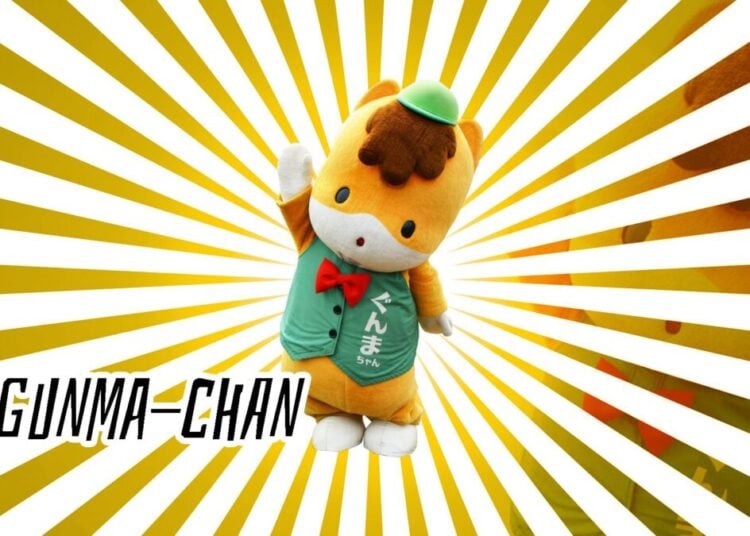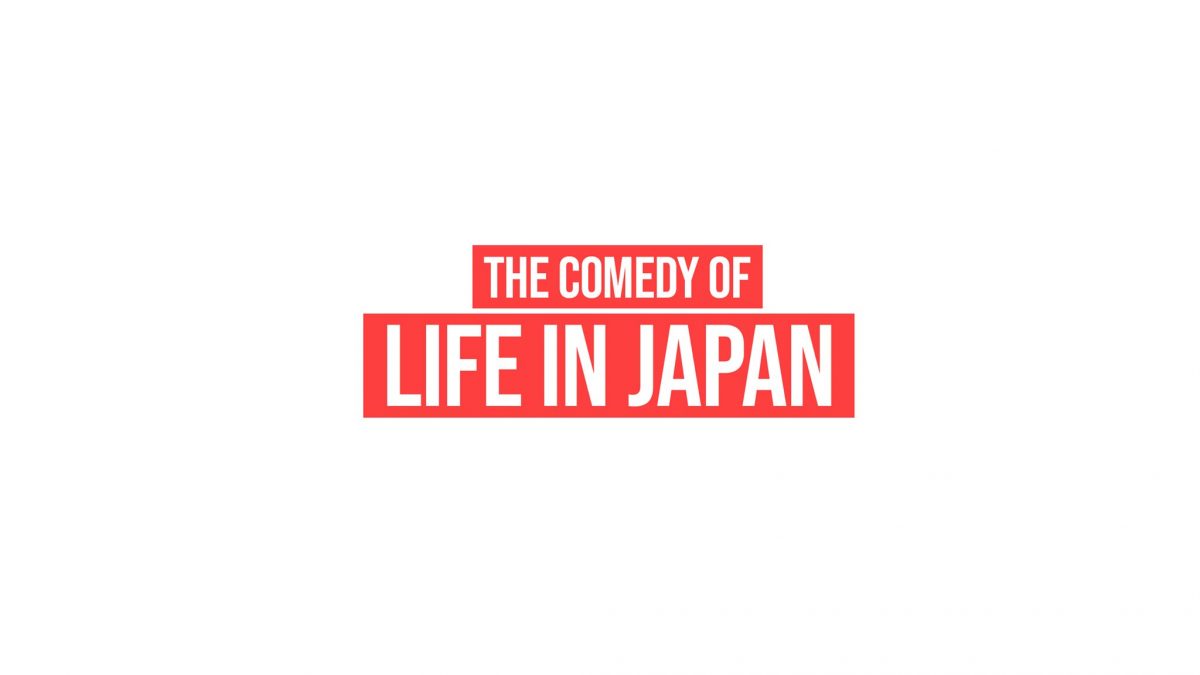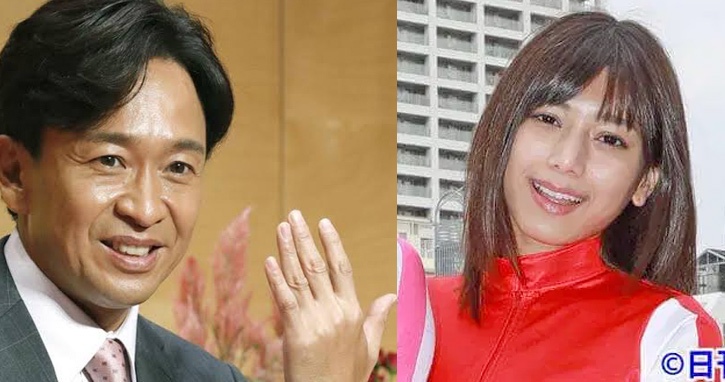
An Overview of the Media in Japan
Over the weekend it was announced in the media in Japan that Shigero Joshima (48), the leader of the popular all-male idol group TOKIO, had recently married his long-time acquaintance, Sara Kikuchi (24). Joshima had been dating the actress and TV presenter for more than five years, meaning that the popular “Johnny’s-kei” male idol was dating the girl while he was in his mid-40s and she was 18 or 19.
While this isn’t a legal problem at all, it is a somewhat dicey issue because of what happened last year when fellow TOKIO group member Tatsuya Yamaguchi was arrested for “forcibly kissing” a 16-year-old female fan who had come to his apartment, according to a police complaint filed by the girl. Yamaguchi got kicked out of the band for this scandal and essentially lost his career in the entertainment world forever. A lot of TOKIO’s fans have taken to Twitter to point out that dating a 16-year-old girl is pretty much the same as dating an 18-year-old, and to express some sympathy for Yamaguchi for having compounded bad luck with bad choices. (The age of consent in Tokyo is 18 years old, making Yamaguchi’s case an actual legal issue, though charges were dropped in the end.)
I watched the press conference in which Joshima appeared in front of dozens of cameras and was asked rapid-fire questions about his new bride, including the reasons for the sudden wedding (she got pregnant, making this is a dekichatta kekkon or “oops! I’m pregnant” wedding), what kind of ring he bought her, and what specific words he used to propose to her. No detail seemed too trivial for the reporters, who asked what year and month the two started their relationship, and of course whether he felt strange about being in a relationship with a girl half his age while bandmember Yamaguchi was going through similar troubles last year.
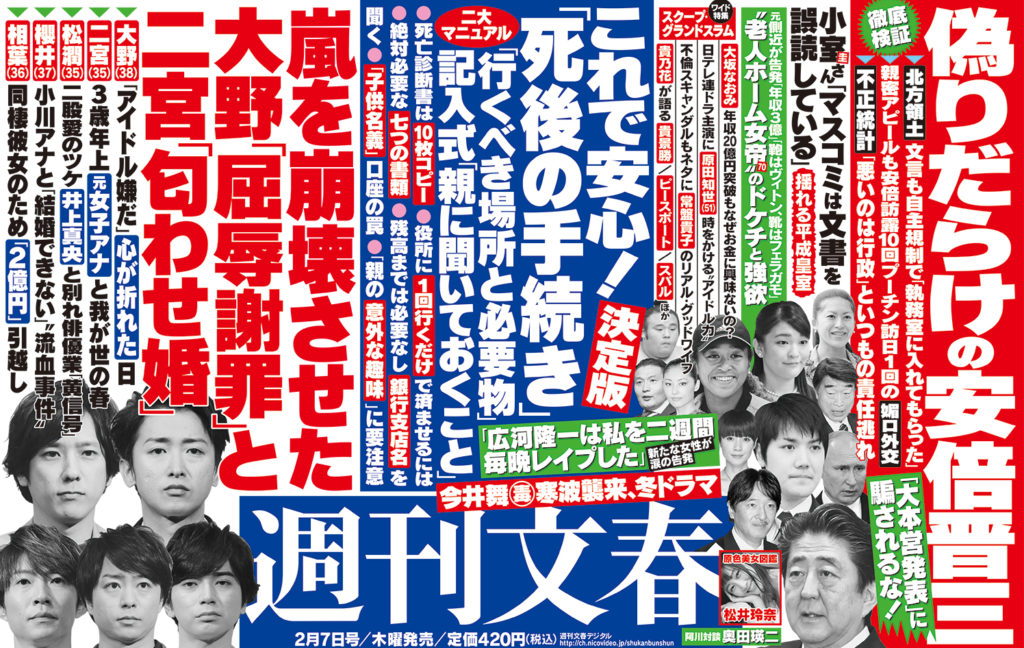
Like other countries, Japan has a free press that works hard to find interesting stories that viewers will want to see, and this includes celebrity scandals. But the cultural rules the Japanese system works under is a bit different from in the U.S. and especially Britain. Japanese are scandalized that the British Royal Family would be subject to hounding by paparazzi photographers, with nude photos of them even being published in the newspapers. In the Japanese press, the Imperial Family is a very delicate subject, and only positive news reports are allowed by unwritten rule. There are other strict rules the news media must follow, such as never publishing the name of a person accused of a crime who’s under the age of 18.
The Top Delicious Scandals of the Media in Japan
First is marital infidelity. Despite lacking a tradition of “Christian family values” Japanese society seems to care an awful lot if any famous person finds themselves in a bed other than the one they share with their designated partner, which would be labeled as the very severe 不倫 furin (lit. “immorality”). Even celebrated anime director Makoto Shinkai had a mini-scandal that he was “dating” one of his co-workers, when he was photographed having dinner with her after work.
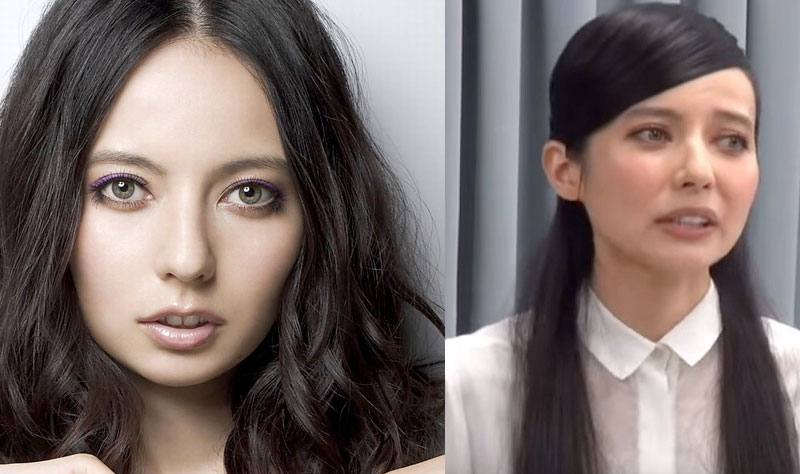
When infidelity is combined with hypocrisy than things get even juicier for the media. Actress and “talent” Becky was the busiest and most popular female star in Japan in 2016, and when asked about her romantic life she always said, “I love my work so much, I could never date. I’m married to my fans instead.” When she was caught in a relationship with a still-married baseball coach, the media had a field day, in part because Becky had gotten caught in such a bald-faced lie.
Idols are expected to maintain an image of purity as part of their “brand,” and idols managed by talent agencies agree contractually to refrain from dating. When AKB48 member Minami Minegishi got caught stepping out with a male fan, she was demoted from the core group back down to “trainee” status and shaved her head to ask forgiveness of her fans. Soon after she got her status back, in part because the news spread internationally, with pretty much everyone in the world saying, “WTF, Japan?”
Incidentally, there’s a cultural difference between an アイドル aidoru (idol), who’s expected to represent purity to bring in a certain kind of fan, and a 女優 joyu, or professional actress. If a woman is described as an actress it means she’s considered a “serious” performer who can do things like appear nude in films or release nude photobooks if she wants, without anyone batting an eye. It’s mainly the special set of expectations of idols, and the pedestal they’re placed on by fans, that causes problems when they’re found to have normal human desires like the rest of us.
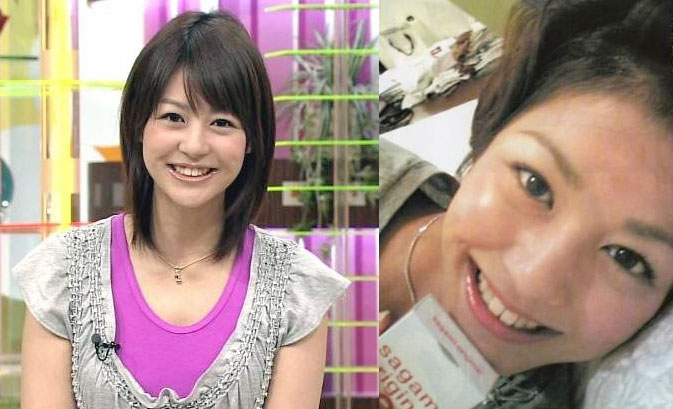
Then there’s another highly respected female profession, that of “announcer” (aka newscaster or presenter). These women are incredibly well educated, speak foreign languages extremely well, and are the objects of adoration by both men and women throughout Japan. But when female announcer Miku Natsume did a piece showing her personal bedroom, a photo of her holding a box of condoms caused a scandal, and she was fired for harming the image she had cultivated had with viewers. After all, what kind of 26-year-old single woman has condoms in her room? What is she, some kind of hussy? Japan is a Christian country after all, and…oh wait, it’s totally not.
Viewer outrage allowed Natsume to return to her announcing work fairly quickly. She soon married famous male idol Hiroiki Ariyoshi and retired from the entertainment world to raise a family.
https://twitter.com/jlist/status/910425162805215232?lang=en
The silliness about expecting certain famous entertainers to be pure and virginal extends to Japanese seiyu, who fans somehow expect to embody the souls of the 2D characters they give voices to. When Twitter users learned that voice actress Aki Toyosaki, the voice of K-On’s Yui Hirasawa, was living with her boyfriend, they went nuts, destroying their anime figures.

Final Thoughts on the Media
In the end, any country’s media serves as a reflection of the collective kokoro of the people living in that country, and just as America or the U.K. have several media outlets which sometimes cause us to generally facepalm in frustration, Japan’s media reflects the expectations and needs of the Japanese people…including some questionable national hang-ups that are reflected in the mirror of the media.
Want to read more about the world of the media in Japan? Here’s a post with questions from readers I wrote!



